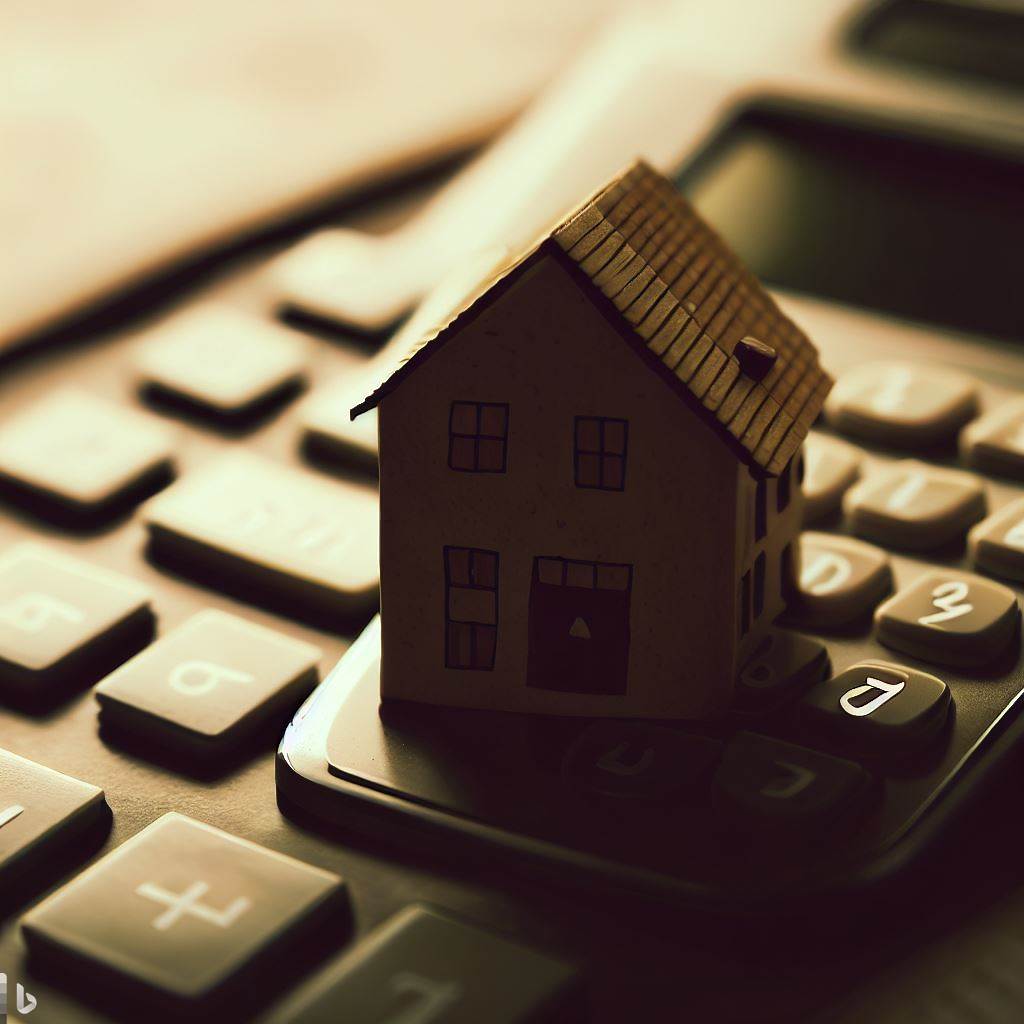A down payment is a fundamental aspect of the home-buying process that can significantly impact your mortgage terms and overall financial stability. It’s the initial sum of money you contribute upfront when purchasing a home, and it plays a crucial role in determining the affordability of the property and the terms of your mortgage loan.
Key Points about Down Payments:
- Initial Investment: When you decide to buy a home, the down payment is your first financial commitment. It’s a portion of the property’s purchase price that you pay directly to the seller or into an escrow account.
- Loan Amount: The down payment reduces the amount you need to borrow through a mortgage loan. The remaining amount is financed by your lender.
- Loan-to-Value Ratio (LTV): The down payment is closely related to the LTV ratio, which is the ratio of the loan amount to the property’s appraised value. A lower LTV ratio indicates a larger down payment and less risk for the lender.
- Mortgage Insurance: The down payment can affect whether you need to pay private mortgage insurance (PMI) or other mortgage insurance premiums. Lenders typically require PMI for loans with higher LTV ratios to protect themselves against potential losses if the borrower defaults.
Benefits of a Larger Down Payment:
- Lower Interest Rates: Lenders often reward larger down payments with lower interest rates. A higher down payment reduces the lender’s risk and may result in a more favorable rate for the borrower.
- Improved Loan Terms: A substantial down payment can lead to better mortgage terms, such as a shorter loan term, lower monthly payments, and potentially reduced fees.
- Equity and Ownership: A larger down payment gives you more equity in the property from the start. Equity is the difference between the home’s value and the outstanding loan balance. Building equity can provide financial security and flexibility.
- Higher Approval Chances: A significant down payment demonstrates your financial stability and commitment to the home purchase, making you a more attractive candidate for loan approval.
Choosing the Right Down Payment Amount:
The ideal down payment amount depends on your financial situation, goals, and the loan options available. Here are some factors to consider when deciding on the right down payment:
- Budget and Savings: Determine how much you can comfortably afford to put down without straining your finances. Consider your existing savings, future expenses, and emergency fund.
- Loan Programs: Different loan programs have varying down payment requirements. For example, conventional loans often require a higher down payment compared to FHA loans.
- Interest Rates: Research how your down payment affects the interest rates offered by lenders. Use online mortgage calculators to estimate the impact on monthly payments.
- Avoiding PMI: If you want to avoid PMI, you may need to aim for a down payment of at least 20 percent of the home’s purchase price.
- Future Goals: Consider your long-term financial goals, such as paying off the mortgage early or saving for other priorities.
In conclusion, the down payment is a significant aspect of the home-buying process that can shape your mortgage terms and financial well-being. Carefully assess your financial situation, explore different down payment options, and work with a qualified lender to make an informed decision that aligns with your homeownership goals.

